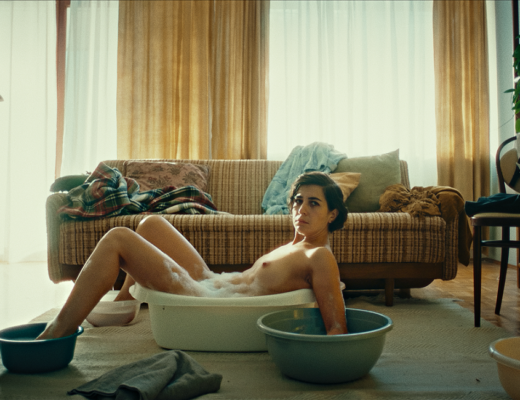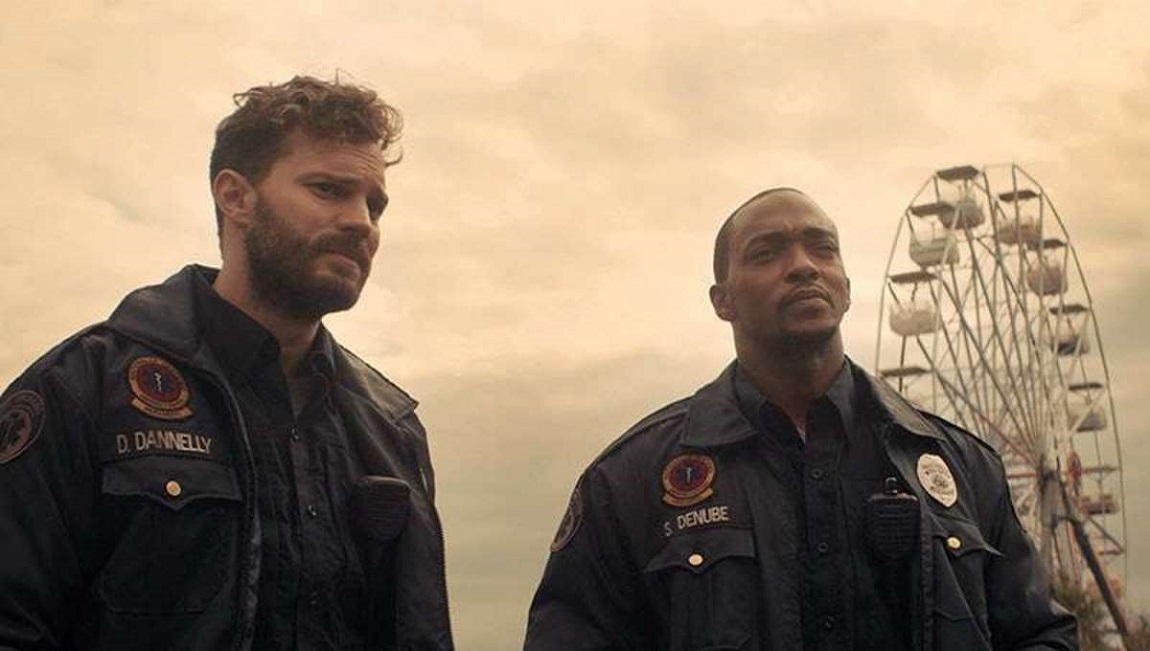Two Lovers is the fourth feature from James Gray, whose efforts haven’t been unreservedly praised since his 1994 debut, Little Odessa, and who has been largely considered an uneven filmmaker. Although not always great, his consistent habit of establishing a clear tone and stylistic approach to violence places him among the directors that can be counted on to make at least one interesting film every few years. Gray’s previous picture, We Own The Night, was one of the outstanding achievements of 2007 (at least as a good entertainment, although the film works on a more substantial level), a year where the quality of movies was very high.
His latest, oft compared to the gritty dramas from the ‘70s, is a film about lonely Leonard Kraditor (played with a subdued and awkward charm by Joaquin Phoenix, a Gray regular) who lives with his well-to-do Jewish parents (Isabella Rossellini and Moni Moshonov, respectively) in a small Brooklyn apartment. Directly across from his own window resides Michelle (Gwenyth Paltrow), an unstable yet sexy law secretary prone to emotional outbursts during drug-induced states of consciousness. Leonard is cautiously attracted to Michelle after their first encounter — turned on by her flustered beauty — but his attraction is hastened by her eager questions and nosiness into his personal affairs. Leonard isn’t exactly stable either — in the opening minutes of Two Lovers he jumps desperately into the bay, plummeting toward a watery death; ultimately, he doesn’t go through with it. This moody and intimate first impression of our lead character sets the stage for what is to come and deftly establishes our director’s intensions. It’s a pitch-perfect scene that combines candid shots with Phoenix’s tortured-soul performance, elevating what would seem to be ordinary exposition to something singularly great. As the flip side of Paltrow’s troubled Michelle, we have Sandra (Vanessa Shaw), the more conventional of two lovers. Leonard’s parents have seemingly selected Sandra as a respectable choice for their son; at a dinner between the two families, the pair is encouraged to interact and get to know each other. Although uncomfortable at first, Phoenix and Shaw connect almost immediately, make small talk, and exchange numbers.
From these modest beginnings various things could have gone wrong. Two Lovers could have devolved into an average, polished American rom-com, or more likely still, become a pretentious indie more intent on being quirky or “original” (think Smart People). Thankfully, Gray instead does something both instep with his career trajectory and unique. He approaches Two Lovers as if it were a ‘70s picture (but gone is the throwback/imitation nature of his previous efforts) and makes a movie that is very intimate: interested mostly in emotion and how people come to terms with loss. That may sound pretentious, but I think this movie is a very accessible film; I’m confident mass audiences would embrace it if simply given the opportunity. Phoenix’s wholly realized performance is stripped down and regretful, living and breathing and completely devoid of the mumbly, fidgeting mannerisms we’ve seen from him in the past. After spending a minimal amount of time with Leonard we can tell that he hasn’t reached his full potential, and maybe never will, but that doesn’t mean he’s a bad guy. He’s perfectly fine: reserved about everything he does, and it’s clear that all he needs is a bit of a jump-start to begin to turn his life around. Nothing is black or white in Two Lovers, and everyone is living in the grey, emotionally, which is what makes this story so fascinating. There are a handful of themes expressed through the director’s filmmaking here; some play out successfully while others, not as much. There are one or two scenes where his message seemed a bit clumsy. Blame shouldn’t be placed completely on Gray though A few issues here and there don’t detract from the movie’s many fine qualities: Joaquin Baca Asay‘s gorgeous cinematography and the sharp screenplay by Gray and Richard Menello are both spot-on. The filmmakers here get a lot of things right in terms of exploring relationships and pure, rich movie making.







